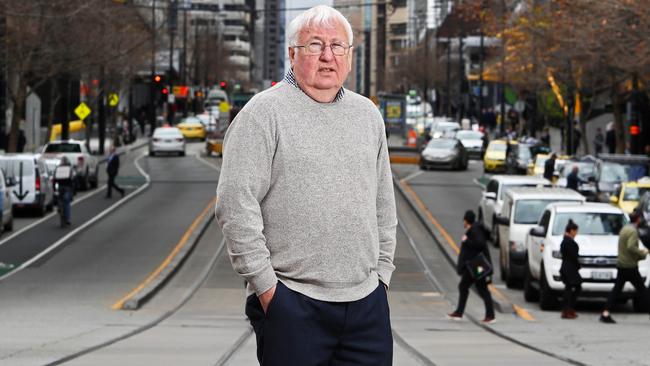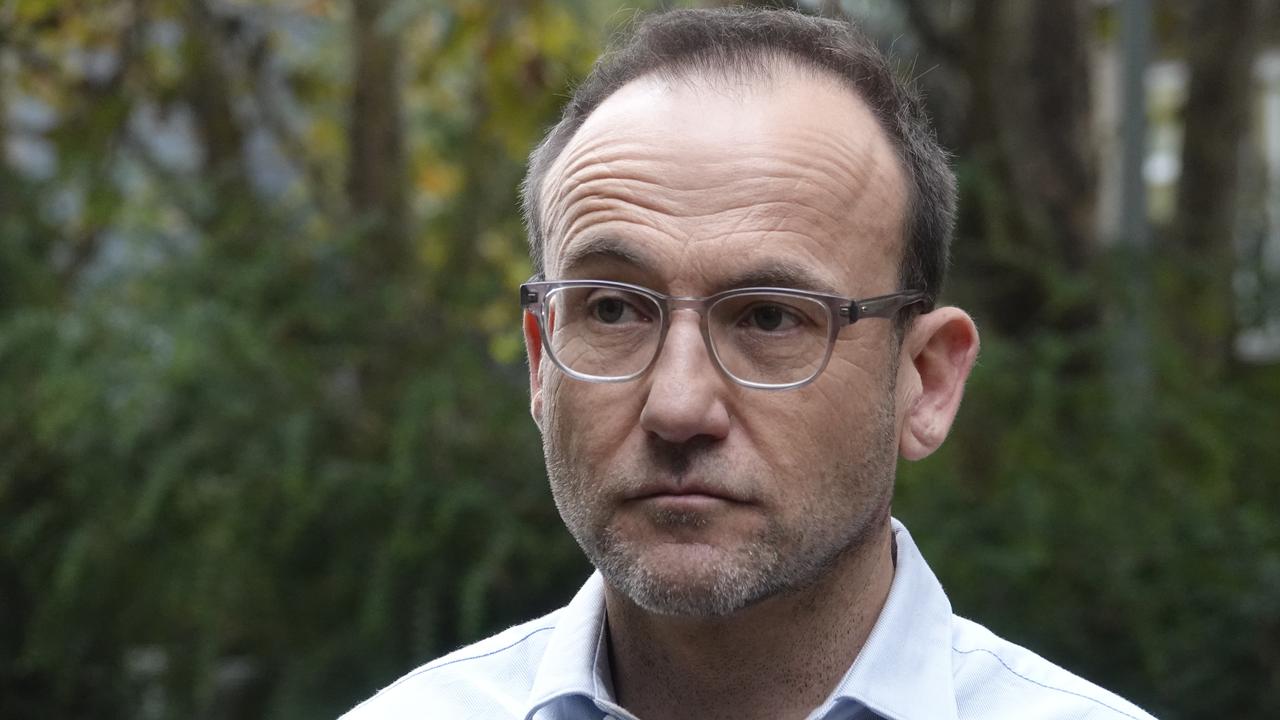Bill Kelty rubbishes RBA’s full employment number
The former union secretary said the RBA was further risking its credibility by saying that full employment was 4.5pc.

Union legend Bill Kelty has rubbished the Reserve Bank’s claim that unemployment will need to rise to 4.5 per cent to meet its inflation targets, arguing that price stability could be achieved with a lower unemployment level than the one pursued by the central bank.
The former ACTU secretary – who sat on the board of the RBA from 1987 to 1996 – said the central bank “seems to have fallen in love with the idea that full employment is 4.5 per cent”. He argued inflation could be contained with an unemployment rate as low as 2.5 per cent.
Mr Kelty joined the chorus of union leaders who criticised the “entirely unnecessary” speech on Tuesday from RBA deputy governor Michele Bullock, who declared the unemployment rate of 3.6 per cent was too low and would “have to rise” to bring inflation under control.
“Why do you want to inflict pain on yourself by saying it’s got to rise to 4.5 per cent?” Mr Kelty told The Australian on Thursday.
“The issue is the RBA seems to have fallen in love with the idea that full employment is 4.5 per cent, and that that’s when wages start to increase inflation.
“I’m not at all sure that you can’t run an economy with an unemployment rate of under 4.5 per cent. It depends on the rate of migration, on the rate of growth in the economy, on the rate of productivity and commodity prices. It could be 2.5 per cent or 3, or 3.5 or 4. It depends on all of those factors. There’s no magic number.”
Mr Kelty said that, while it was not unreasonable to assume unemployment would rise, the RBA had to “stop being financial predictors”.
In The Australian on Wednesday, union leaders from the CFMEU, Electrical Trades Union, Australian Workers Union and Health Services Union branded Ms Bullock’s comments as “shameful” and blasted a “busted system” that was putting tens of thousands of livelihoods at risk.
The union assault on the central bank came as Jim Chalmers flagged a decision on RBA governor Philip Lowe’s future would be made by July, with Ms Bullock considered to be a leading contender for the top job.
Other potential candidates are Department of Finance secretary Jenny Wilkinson and former RBA deputy governor Guy Debelle.
The chance of Dr Lowe’s term being extended beyond September dimmed further on Thursday after the Treasurer said it was “obvious” that whoever was in the top job “needed to be well placed to implement the recommendations” of the RBA review, which included an overhaul of the bank’s governance, culture and operations.
The government has flagged making employment goals a larger part of the RBA’s mandate.
Dr Chalmers said he had “very high regard” for Dr Lowe, but that “obviously, the Reserve Bank governor needs to be well placed to implement the recommendations of the review and to take the Reserve Bank into the future”.
“There are all of the usual considerations in that – a person of credibility, a person with experience, and a person able to take the Reserve Bank forward,” Dr Chalmers told the ABC.
“It’s a key institution and obviously makes decisions which matter a great deal to the living standards of the Australian people, and that’s why we don’t take decisions like this lightly.”
The Treasurer said there was “absolutely not” a rift between the government and the central bank boss, despite making pointed comments that Dr Lowe would have to explain his actions to the public following the 12th rate hike delivered earlier this month.
“The point that I made at the time – which I think is self-evident – is when interest rates go up it makes it harder for people to pay the bills,” Dr Chalmers said.
The close ally of former prime minister Paul Keating said middle Australia was being hit by the fallout from “stupid” monetary and fiscal policy decisions taken as the economy was already emerging from the pandemic-era lockdowns.
Measures such as Home builder and the instant asset write-off scheme supercharged demand and inflation as prices soared for items such as household goods, building products, and cars.
“These decisions have their consequences for people,” Mr Kelty said
“The relatively young, who are earning $80,000-$100,000, have got a home or are renting, pay increased mortgages or increased rents,” he said. “Second, your wages can’t keep up with inflation, so you are paying twice and that’s what’s happening to a lot of Australians, because people are really hurting.”
Union delegates will be able to move motions to amend Labor’s policy platform at the party’s national conference in August, which would bind Anthony Albanese in the next term of parliament.
The draft platform supports an independent RBA and its inflation-targeting framework.
“Labor believes full employment should continue to be a core objective for monetary policy, alongside price stability,” the draft platform states.








To join the conversation, please log in. Don't have an account? Register
Join the conversation, you are commenting as Logout